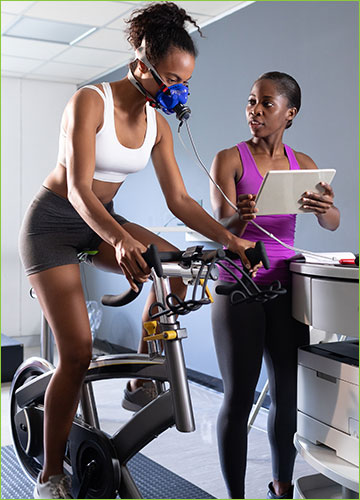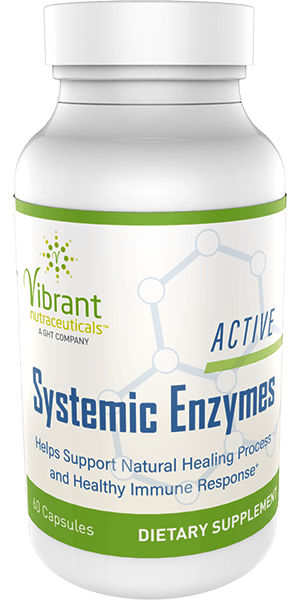How to protect your body after having the Coronavirus
The United States is in the fourth month of the Coronavirus pandemic, and scientists are working toward making the Coronavirus test available to everyone. Stepping up the amount of testing we’re doing is vital to stopping the spread of the virus by identifying and isolating the infected. Some labs are also offering an antibody test, but we still don’t know whether having the antibodies protects you from becoming infected again, and if so, for how long.
Another area of research that is ongoing is identifying lasting effects on the body from Covid-19. In some cases, the virus continues to cause health issues in people who have recovered from the acute stage. So what are these complications and how do you go about protecting your body after having the Coronavirus?

What we’re still learning
The research into the long term health risks after having Covid-19 is in the early stages. We still don’t know exactly how the virus affects the body not only during active disease but after recovery. For example, a recent study out of China indicates that about one in five people who’ve had even a mild case of the Coronavirus continue to experience respiratory problems after they’ve recovered.
The research, which included approximately 44,000 people who’d had a confirmed case of COVID-19, found that the virus could cause lung damage. “Although most had mild symptoms of the disease, nearly 20% were critically ill with lung injury that made breathing difficult.”1 The study also revealed that the COVID-19 can cause problems with the heart, resulting in cardiomyopathy and arrhythmias.
Understanding the potential for serious, long term problems with lung function as well as other organs should inform the way that you’re currently protecting yourself from contracting Coronavirus. Although we don’t know all of the health problems it may cause, we know enough to take it very seriously.

Your overall health matters now more than ever
Along with social distancing and wearing a face mask in public, your best defense against the Coronavirus is to maintain a strong immune system. The same factors that improve overall health help boost your immune system.
Eating a healthy diet, reducing stress and living an active lifestyle are the best ways to maintain good health in general. Adding supplements made to boost your immune system may help as well. Vitamin D is an example of a nutrient that, if deficient, can weaken your immune response. “A lot of people are deficient (or low) in vitamin D, and a deficiency may increase your susceptibility to infection.2”
Chronic inflammation is another factor that affects your physical and mental health. Inflammation is beneficial when your body is responding to a disease or injury, but when it becomes chronic, it can cause many health issues and weaken your immune system. A natural way to lower inflammation is through taking Active Systemic Enzymes.
With a global pandemic raging and no cure or vaccine available yet, your best defense is to follow the CDC guidelines and work to maintain a strong immune system.
Don’t let social distancing weaken your immune system.
Immune System Boosters: / 25% Off
References
1 Looking forward: Understanding the long-term effects of COVID-19, National Heart, Lung, and Blood Institute (NIH).
2 Strengthen Your Immune System With 4 Simple Strategies, Cleveland Clinic.
NOTE: The Health.clevelandclinic.org, and Nhlbi.nih.gov, have not reviewed or approved the above article.

